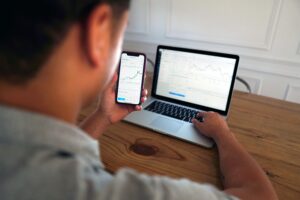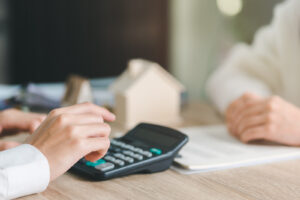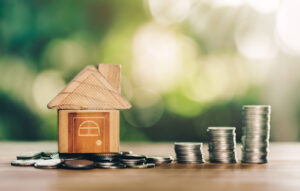Taking that first step onto the property ladder is a very exciting time, but it can also be quite confusing and overwhelming as a process, so doing some research into what’s involved is certainly wise to ensure that you’re as prepared as possible and know exactly what to expect – and what’s expected of you throughout the buying process.
To help you make sure that you know what you’re doing and that buying a mortgage is the right step for you to take at this present moment, here are some frequently asked questions by first-time buyers who are considering investing in property for the first time.
If you have any other questions or need some help or advice, get in touch with us today to discuss mortgage options for first-time buyers.
How much deposit does a first-time buyer need?
Typically, a ten to twenty percent deposit is required in order to buy a property, but there is help available out there if you do fall short of this. Over the last few months, for example, 95 percent mortgages have started to creep back into the market, which require a five percent deposit.
You could also look into shared ownership, the Help to Buy equity loan and lifetime ISAs if you do have a small deposit and need a bit of assistance.
How do you increase your chances of getting a mortgage?
Getting a mortgage doesn’t just depend on how much deposit you have at your disposal. You’ll also need to have a good credit score backing you up, as well. You can give this a boost by not missing any payments and keeping your credit applications to a minimum, as well as getting on the electoral roll and checking your credit file.
I’m self-employed. Can I get a mortgage?
It can be difficult to get a mortgage if you’re self-employed – but not impossible! You may also find it harder if your business has been hit by the pandemic and you’re currently in receipt of an income support grant.
You will need to provide proof of how your business is currently faring, as well as three years of business accounts (signed off by a chartered accountant). If you don’t have access to these, two or three years’ worth of tax returns can be used as an alternative.
What other costs are associated with buying a house?
It’s not just the mortgage and deposit you need to think about. Other points to consider include stamp duty and mortgage fees, as well as solicitor’s fees, valuation fees and associated moving costs.
What is stamp duty?
This is a tax charged when you buy a property, but it’s only deductible if the price of the house in question hits a certain threshold. Currently, the threshold is set at £300,000 if you’re a first-time buyer. If this isn’t your first home, no stamp duty is due on the first £125,000 of a property, as long as it’s your main residence.





